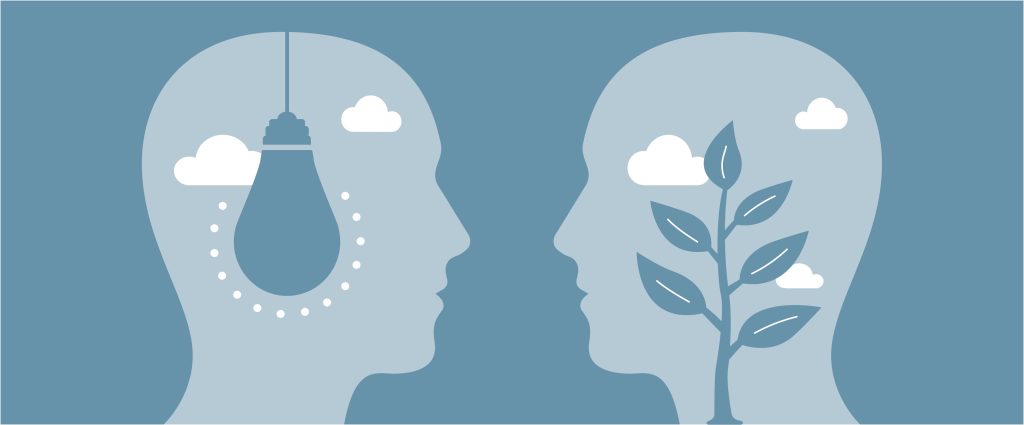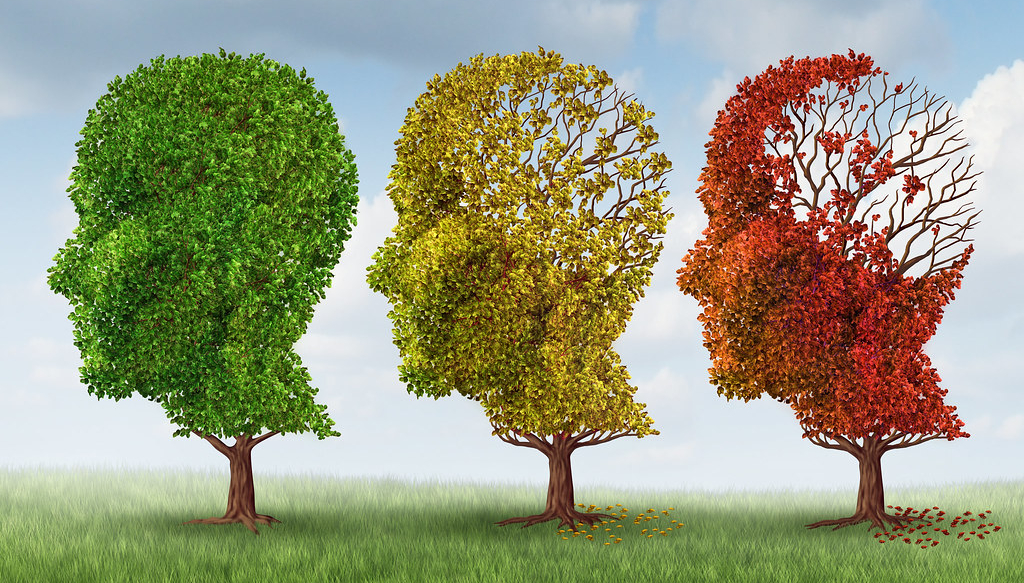Forget Tylenol, Try Passion: A Journey into Pain Management
From the sudden agony of stepping on a Lego block to persistent aching from chronic conditions, everyone experiences pain. Sometimes we know the pain will subside quickly and we can just tough it out, but other times it’s more than we can (or want to) handle on our own. The quest for pain relief has led humans to explore a vast array of treatments, from traditional painkillers to alternative therapies like massages and ice packs. Pain is an essential evolutionary mechanism, serving to ensure our survival and reproduction. Even so, I’m sure most people would opt to take an Advil to stop a headache rather than worrying about the growth of our family tree.




